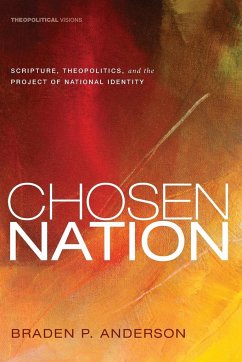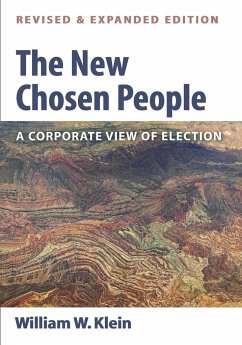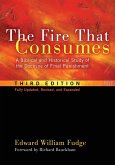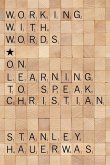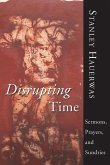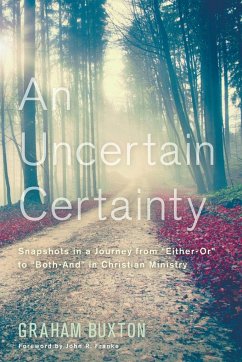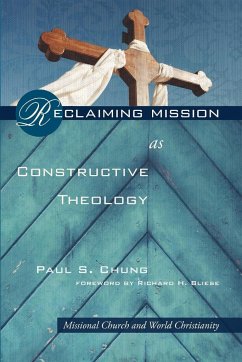Christian teaching and modern sensibilities both eschew ""nationalism"" as an extreme, fanatical form of patriotism, an excessive or disordered form of an otherwise healthy and proper national identity. But what if the problem of nationalism is something much more fundamental? What if nationalism is actually the process leading to national identity in the first place? And what happens when this process entails selectively appropriating and reinterpreting the Christian tradition for the sake of the envisioned nation? This book takes up these questions within the context of American Christian nationalism. Here, the process of interweaving the Christian narrative with American history and myth is examined in depth through a thorough engagement with scholarship on nationalism and within a framework shaped by contemporary theopolitical studies and the biblical narrative. The study aims to discern how the Christian Scriptures and theological tradition have been used by Christians themselves to further what amounts to an alternative gospel. In so doing this book charts a path for the church to evaluate itself honestly in light of Christ's lordship, repent, and learn to tell its story more truly.

